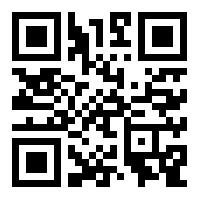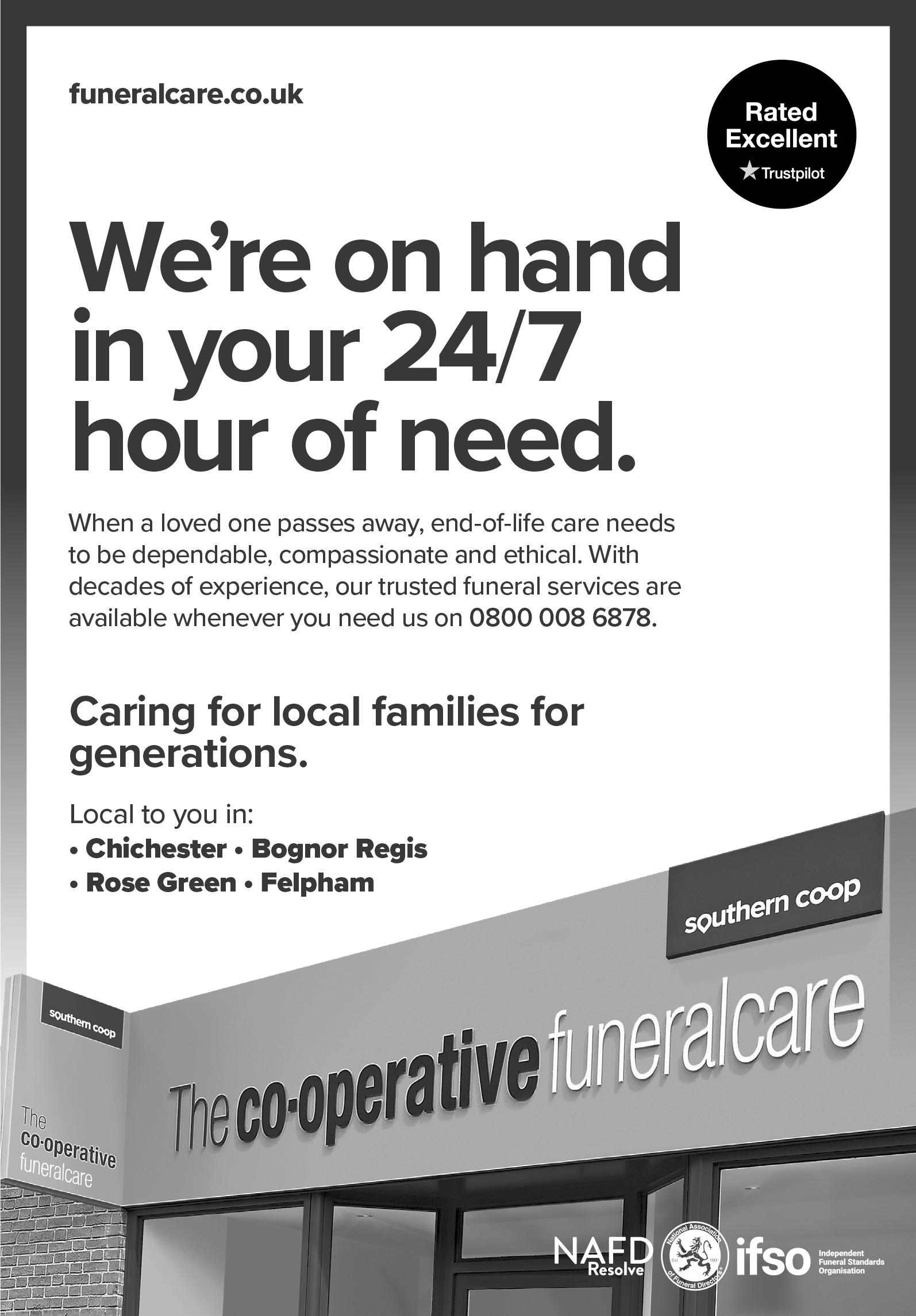

Please accept our sincere condolences on your sad loss and hope that the information provided helps you with some of the formalities you may encounter following the loss of a loved one. University
Arrangement for the Medical Certificate of Cause of Death (MCCD)
What’s next?
You will need to make an initial phone call to the Bereavement Office after 1.30pm on the next working day after their death (weekdays only) on 01243 831668.
A confidential message service operates outside of our normal working hours or when we are speaking to other families, so please leave a message and we will get back to you as soon as possible.
Please do not come to the Bereavement Office. When the Medical Certificate of Cause of Death (MCCD) is ready, we will contact you with regards to co-ordinating your next appointment at the Registrar of births and deaths.
The process should usually be completed within 5 working days, and is dependent upon the availability of a doctor who was caring for your loved one. They are responsible for completion of the required documentation, unless HM Coroner requires further investigations.
Kindly note that the MCCD will be issued as soon as possible following your loss, however the doctor involved in the care of your loved one may be unable to complete this on the day of your initial phone call, but we will keep in contact with you as to when the MCCD has been completed.
The MCCD is now sent to the Registrar electronically and the release documents needed by the funeral directors to collect your loved one are retained in the Bereavement Office awaiting your notification of the funeral director of your choice.
We advise that a date for the funeral should not be booked until you have registered the death. Although all other funeral arrangements can be made at any time.
Medical Examiner
The Medical Examiner role has been introduced at the hospital to ensure the legal documentation is completed as soon as possible, if there are no indicators for them to refer to HM Coroner.
Medical Examiners are independent senior doctors employed by the Trust, who work alongside the bereavement team providing expert support and advice to doctors completing the Medical Certificate of Cause of Death (MCCD) for adults.
The Medical Examiner will review the medical notes to ensure the correct cause of death is identified. The Medical Examiners’ Office may contact a designated family member to help you understand the cause of death and provide you with an opportunity to raise any concerns during the final illness and to ask further questions if you wish to do so. Although they may not be able to answer your questions immediately the Medical Examiner will be able to advise you of additional sources of information and support. The Medical Examiner Officers can be contacted on 01243 788122 ext. 32249 or by email on uhsussex.medicalexaminersoffice@nhs.net
Can my loved one donate tissue?
Yes, many people who die in hospital are suitable to donate tissue, regardless of their age or medical condition. Tissue donation can benefit the lives of others in a very special way. Tissues that can be donated include eye tissue, skin, bone, tendons and heart valves.
The donation will take place within 24-48 hours. You will be able to see your loved one afterwards and the donation will not delay any funeral arrangements.
If you would like more information about pacemaker and tissue donation then please contact the nurse in charge of the ward as soon as possible, ideally within 12 hours of your loved one’s death.
When you contact the Registrar
You will need to contact the Register Office to arrange a time when you can register the death.
It is important not to arrange the appointment at the Registrar’s Office until we have told you that the MCCD is ready.
Register Office appointment can be made either via telephone on 01243 642122 (for all offices), or online via www.eregistrar.westsussex.gov.uk/Bookings/DeathBookingProcess
While it is not essential, you should also take supporting documents that show your name and address (e.g. a utility bill) but you can still register a death without them.
One of the following can register a death:
• A relative of the deceased
• Someone who was present at the death
• Someone organising the funeral
You need to have with you if possible: Copies of the deceased’s:
• Medical (NHS) card if available
• Driving licence
• Council tax bill
• Marriage or Civil partnership certificate (if applicable)
• NI number
• Passport
• Proof of address (e.g.)
Utility bill
• Birth certificate
The Registrar will need to know the following:
• Date and place of death
• Full name (including any former names), date and place of birth
• Marital status
• Home address
• Occupation of the deceased
• The date of birth of the surviving partner
• Details of pensions or benefits
The Registrar will arrange with you which Funeral Director you would need the Certificate of Registration of Death (green) form to be sent to.
• A certificate for burial or cremation – known as the green form –this is needed by the funeral director
• A certificate for the Department for Work and Pensions (DWP) –Form BD8 together with a pre-paid envelope for you to send this off.
You may require extra Death Certificates
Death certificates may be needed by an Executor or Administrator. A death certificate is a certified copy of the entry of the death in the register. You may need certificates for;
Banks
Building Societies
Pension & Insurance claims
Premium Bonds and
National Savings
Life Insurance
Financial Contracts and Agreements
Certificates can be obtained at the time of registration or at any time afterwards for a small fee.
Leadiing to the A259, A284, A27 and ST RICHARDS HOSPITAL
Spitalfield Lane, Chichester, West Sussex, PO19 6SE
Littlehampton
Register Office
Littlehampton Library, Maltravers Road, Littlehampton BN17 5NA


































